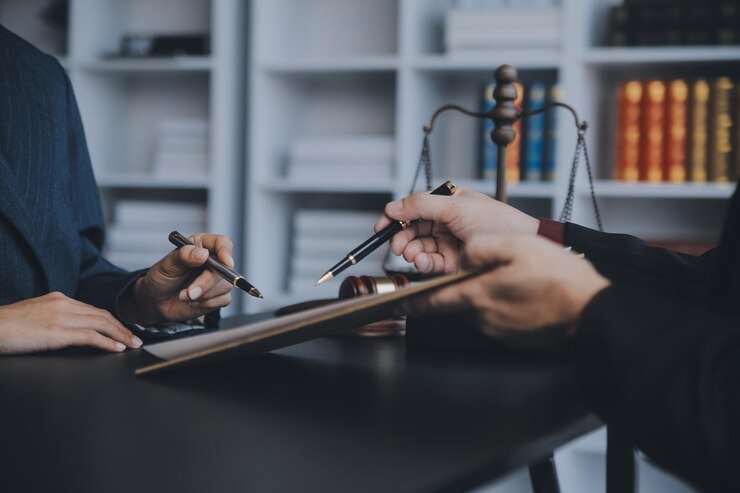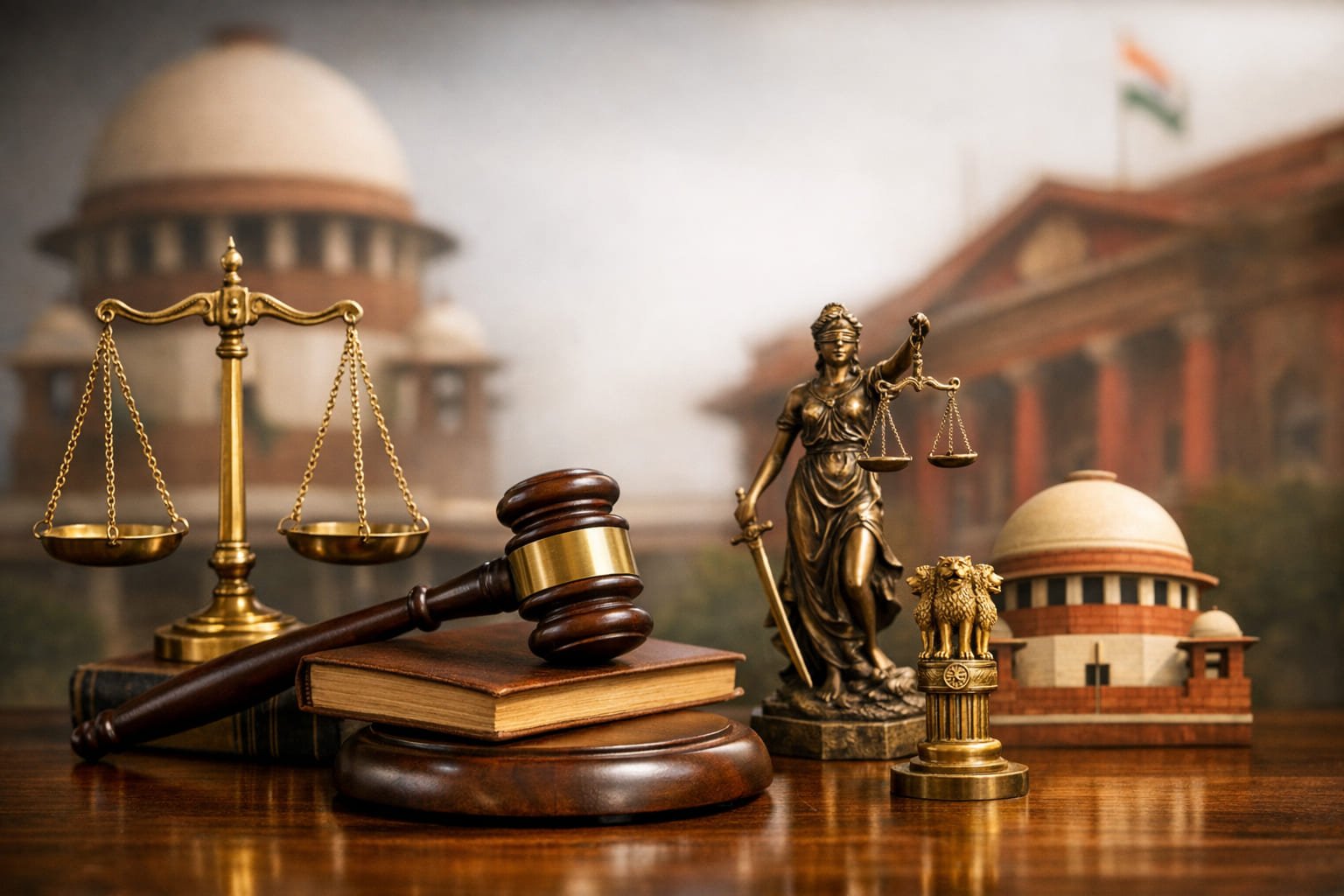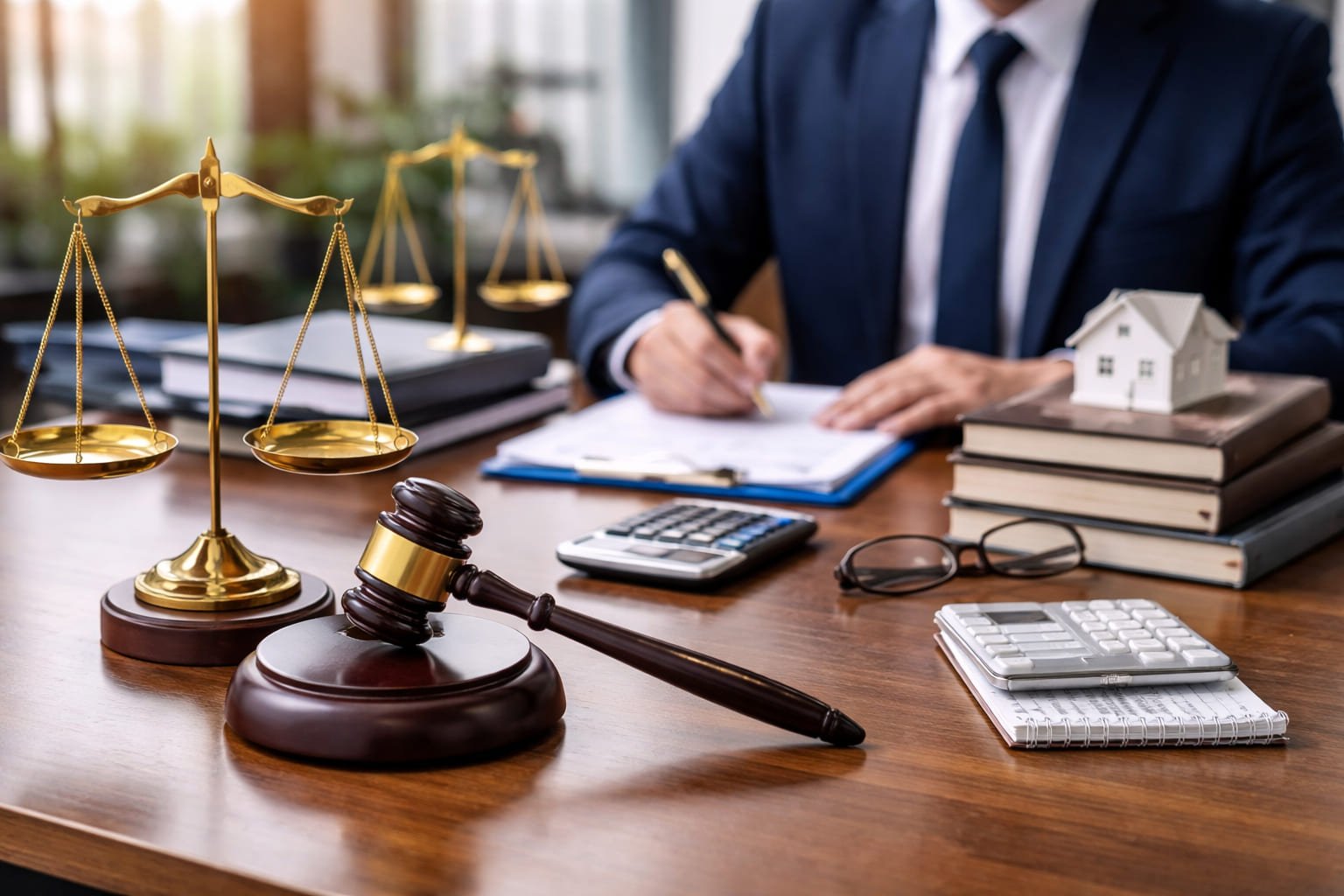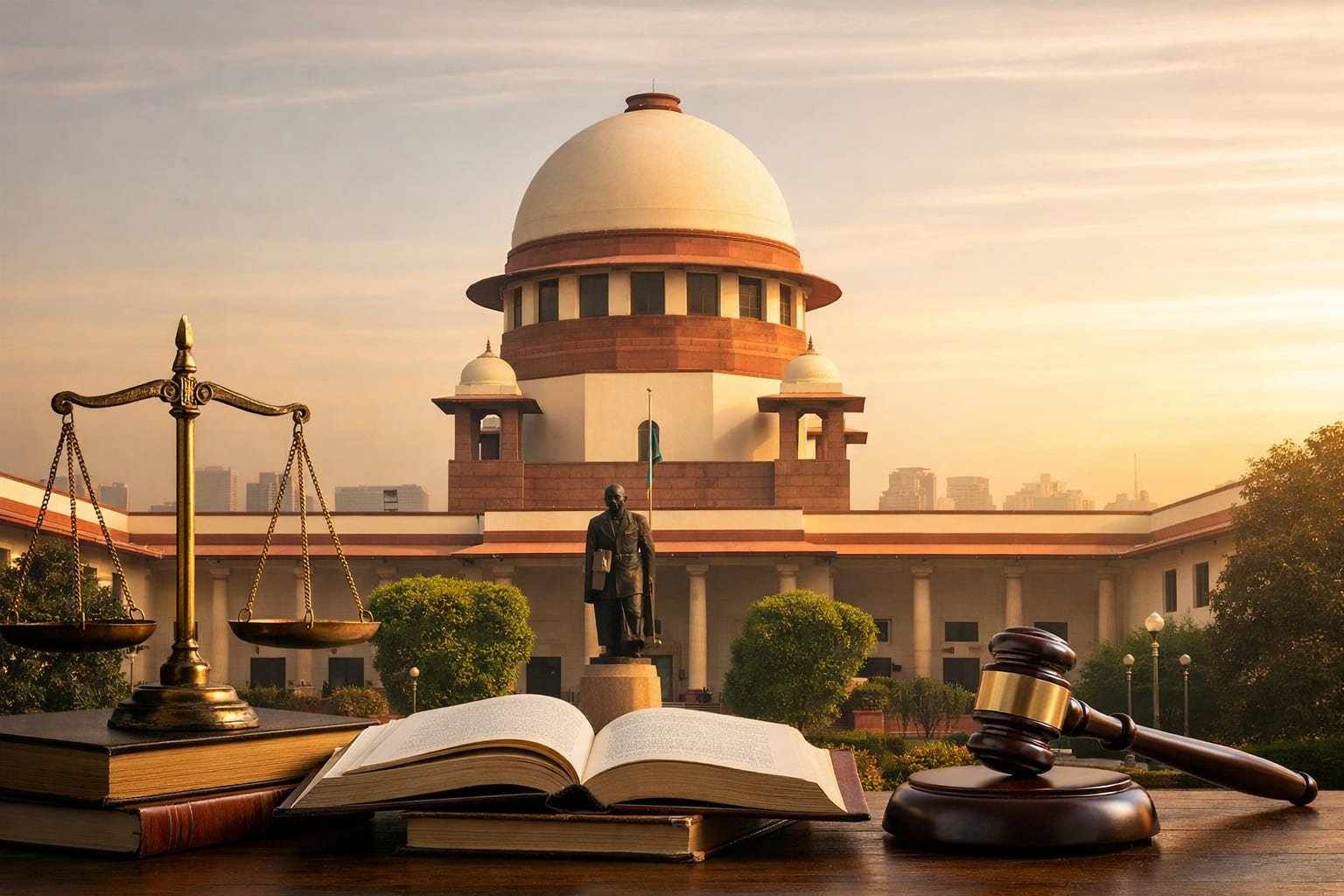The Unlawful Activities (Prevention) Act (UAPA) is one of the most stringent laws in India, enacted to prevent unlawful activities and acts of terrorism that threaten the sovereignty, integrity, and security of the nation. With its far-reaching implications, UAPA cases demand skilled legal expertise to navigate their complexities effectively. At Patrons Legal, our team of highly experienced UAPA case lawyers in Delhi is committed to providing robust legal representation to clients facing charges under this critical legislation.
Our expert team of criminal lawyers in Delhi specializes in defending clients accused under UAPA, ensuring that every aspect of the case is thoroughly examined. From challenging evidence to navigating complex procedural requirements, we are dedicated to protecting your rights and securing the best possible outcome.
Understanding the UAPA and Its Implications
The UAPA is India’s primary anti-terror law, designed to prevent unlawful activities and combat terrorism. Enacted in 1967 and amended several times, it empowers law enforcement agencies to deal with threats to national security, public safety, and sovereignty. However, due to its broad provisions and strict procedural requirements, UAPA cases can often lead to prolonged detentions, denial of bail, and severe penalties.
Key aspects of the UAPA include:
- Definition of Terrorist Acts: UAPA provides a detailed definition of what constitutes a “terrorist act,” which includes acts intended to threaten India’s sovereignty, integrity, and security, or to disrupt public order. These can involve violence, destruction, or spreading terror among the public.
- Terrorist Organizations: The act grants the government the power to designate and ban organizations that are found to be involved in or supporting terrorist activities. Being associated with such a banned organization can lead to serious legal consequences.
- Designation of Terrorists: UAPA allows individuals to be labeled as “terrorists” if they are suspected of engaging in or supporting terrorist activities, even if they do not belong to a banned group. This can include individuals from political, religious, or social organizations.
- Extended Detention and Preventive Detention: The act allows for the detention of individuals without charge for extended periods. Under Section 43D, a person accused under UAPA can be detained for up to 180 days without filing formal charges, subject to judicial review. Preventive detention is also allowed to prevent unlawful activities before they happen.
- Strict Bail Provisions: Obtaining bail under UAPA is notoriously difficult. The law presumes the accused to be guilty, and bail is granted only under specific, stringent conditions, such as proving that the charges are groundless or that the accused poses no threat to national security.
- Confiscation of Property: UAPA enables authorities to seize the property of individuals or organizations that are believed to be involved in unlawful or terrorist activities.
- Enhanced Penalties: The act prescribes severe penalties for offenses such as raising funds for terrorism, recruiting terrorist groups, and waging war against the state. Sentences can be as high as life imprisonment or death in cases of waging war or committing a terrorist act.
- Burden of Proof: In cases under UAPA, the burden of proof is often on the accused to demonstrate their innocence, which is a key point of contention, as this contrasts with the usual presumption of innocence in criminal law.
- Exemption from Common Legal Standards: UAPA cases can bypass certain standard legal procedures, such as the usual requirements for evidence or the timeline for filing charges. The act allows intelligence agencies more freedom in surveillance and investigation.
- National Investigation Agency (NIA): The NIA plays a central role in investigating offenses under UAPA, which adds a specialized layer of investigation, often involving more resources and greater scrutiny.
Due to the serious nature of UAPA charges and the complex legal process involved, individuals accused under this act require experienced legal representation to protect their rights and mount an effective defense.
Why Choose Patrons Legal for UAPA Cases in Delhi?
When facing charges under the Unlawful Activities (Prevention) Act (UAPA), you need a law firm with experience, expertise, and a proven track record in handling complex criminal cases. Patrons Legal stands out as one of the leading criminal litigation firms in Delhi, specializing in UAPA cases and offering a strategic, client-centered approach to legal defense. Here is why you should choose us for your UAPA case:
1. Extensive Experience in Criminal Defense
With over 45 years of experience in criminal law, Patrons Legal has built a reputation for handling high-profile and sensitive cases. Our team has in-depth knowledge of UAPA, allowing us to offer strategic advice and defense strategies tailored to your unique situation. Our expertise ensures that your case is approached with the utmost attention to detail.
2. Expert Lawyers Specializing in UAPA
UAPA cases involve intricate legal provisions and significant constitutional implications. Our UAPA case lawyers are experts in defending individuals accused under this stringent law. We are well-versed in navigating the complexities of counter-terrorism laws, offering you a strong and informed defense that protects your rights.
3. Proven Success in Courtrooms
Patrons Legal has an impressive track record of successfully defending clients in high-stakes criminal cases, including those under UAPA. Our experienced criminal defense lawyers have represented clients in Delhi’s District Courts, Delhi High Court, and the Supreme Court, securing favorable outcomes through expert legal counsel and effective courtroom representation.
4. Personalized Legal Strategy
Every UAPA case is unique, and we approach each case with personalized strategies tailored to the specifics of the charges, evidence, and circumstances. Our team works closely with clients to understand their needs, ensuring a defense that aligns with their best interests.
5. Strong Network of Experts
In UAPA cases, expert testimonies, investigative reports, and forensic analysis play a critical role. At Patrons Legal, we have a trusted network of specialists, including forensic experts, investigators, and legal scholars, to strengthen your defense. We leave no stone unturned in gathering and presenting the best evidence in your favor.
6. Commitment to Client Rights
We believe in upholding the rights of our clients at every stage of the legal process. Whether it’s challenging unlawful detention or pushing for a fair trial, Patrons Legal is committed to ensuring that you receive a defense rooted in justice and the protection of your fundamental rights.
7. Transparent and Affordable Legal Fees
At Patrons Legal, we believe in providing transparent legal services with clear communication about fees and costs. We understand the financial burden that legal cases can place on individuals, and we strive to offer competitive and reasonable rates without compromising on the quality of our defense.
8. Confidentiality and Ethical Standards
We handle each case with the highest level of confidentiality and professional ethics. When facing grave charges under UAPA, discretion and trust are vital, and we ensure that your case is handled with sensitivity and care.
Our Approach to Handling UAPA Cases
At Patrons Legal, we follow a structured and strategic approach to ensure the best defense for our clients:
1. Case Analysis and Research
- Conducting a detailed review of the First Information Report (FIR), charge sheet, and other case documents.
- Identifying procedural lapses or violations of constitutional rights.
- Assessing the strength of the evidence and the credibility of witnesses.
2. Strategic Defense Planning
- Developing a robust defense strategy tailored to the specifics of the case.
- Challenging the admissibility of evidence, especially if obtained through coercion or illegal means.
- Presenting alternative narratives to refute allegations of terrorism or unlawful activity.
3. Bail Applications
- Filing anticipatory or regular bail applications with well-crafted arguments.
- Highlights the lack of direct evidence or procedural irregularities in contesting a denial of bail.
- Pursuing bail through appellate courts if necessary.
4. Trial Representation
- Cross-examining witnesses to expose inconsistencies in the prosecution’s case.
- Presenting expert testimony or evidence to support the defense.
- Ensuring compliance with procedural safeguards during trial proceedings.
5. Appeals and Revisions
- Filing appeals against convictions or adverse orders.
- Seeking revisions or quashing of proceedings in higher courts based on legal errors or misuse of the UAPA.
Our goal is to protect our clients from the severe implications of UAPA charges, offering expert guidance and a robust defense throughout the legal process.
What are the Challenges in UAPA Cases?
Cases under the Unlawful Activities (Prevention) Act (UAPA) present several unique challenges, both for the accused and their legal defense. These challenges stem from the stringent provisions of the law, the seriousness of the charges, and the complexities involved in defending such cases. Some of the key challenges in UAPA cases include:
1. Stringent Bail Conditions
One of the most significant challenges in UAPA cases is the difficulty in securing bail. The law allows for extended detention periods without charge, and bail is often granted under strict conditions or denied altogether. Defendants face prolonged pre-trial detention, which can severely impact their personal and professional lives.
2. Complex and Extensive Legal Provisions
UAPA covers a wide range of offenses, including terrorism, membership of banned organizations, and funding terrorism. These offenses often involve complex legal provisions and require a deep understanding of counter-terrorism laws, making defense particularly challenging. Lawyers must carefully navigate intricate legal frameworks to build a strong defense.
3. Prolonged Trials and Delays
UAPA cases tend to be long and drawn out, with lengthy investigations and complex trial procedures. The accused often faces years of legal proceedings before a final verdict is reached, leading to significant stress, financial burdens, and uncertainty.
4. Harsh Penalties and Public Stigma
The penalties for offenses under UAPA are severe, including life imprisonment or the death penalty in extreme cases. In addition, the public stigma associated with UAPA charges can tarnish reputations and lead to social and professional ostracization, even before a verdict is reached.
5. Challenges with Evidence
In UAPA cases, evidence often relies on intelligence reports, intercepted communications, or circumstantial evidence. Defending against such evidence can be difficult, as much of it may be classified or difficult to challenge directly in court. Defense lawyers must find legal avenues to question the validity or reliability of such evidence.
6. National Security Concerns
Due to the nature of the offenses under UAPA, the government may invoke national security concerns to justify certain actions, such as surveillance or arrests. This can make it harder to challenge the legality of arrests, detention, or evidence collection in court, as the accused may face challenges proving their innocence in the face of state security claims.
7. Limited Scope for Legal Defenses
Under UAPA, defenses that may be available in other criminal cases (such as the absence of intent or wrongful accusation) are often limited. The burden of proof can shift to the defense, making it more difficult to disprove the charges.
8. High Political and Media Sensitivity
UAPA cases often attract significant media and political attention due to their connection to national security and terrorism. This can add pressure on the legal proceedings, as the court may be swayed by public opinion, and the accused may struggle to receive a fair trial.
9. Prosecutorial Overreach
In some cases, authorities may overcharge or use UAPA to target individuals without solid evidence of terrorist activity. This can result in a misuse of the law, which requires careful legal oversight and strategic defense tactics to avoid wrongful convictions.
UAPA cases are among the most challenging in criminal law due to the harsh provisions, extended legal processes, and high stakes involved. Our UAPA case lawyers are adept at addressing these challenges through meticulous legal research, strategic planning, and persuasive advocacy.
Legal Rights of the Accused Under the UAPA
The UAPA Act provides certain legal rights to those accused under its provisions, though these rights are more limited compared to other criminal laws due to the serious nature of the offenses involved. Some key rights of the accused under UAPA include:
- Right to Legal Representation: The accused has the right to be represented by a lawyer of their choice. However, due to the sensitive nature of UAPA cases, certain restrictions may apply to the legal process.
- Right to Bail: While bail under UAPA is challenging, the accused has the right to apply for bail, though it is often denied unless there is a lack of prima facie evidence.
- Right to a Fair Trial: The accused has the right to a fair and impartial trial. This includes the right to be informed of the charges, the right to examine evidence, and the right to challenge the prosecution’s case.
- Right to be Informed of the Reasons for Detention: Under Section 43D of the UAPA, if the accused is held in custody, they must be informed of the reasons for their detention and allowed to contest the charges in court.
- Right to Challenge Evidence: The accused can challenge the evidence presented by the prosecution, including intelligence reports, intercepted communications, or circumstantial evidence.
- Protection from Unlawful Detention: The accused cannot be held indefinitely without charge. The law mandates regular reviews of detention, though UAPA allows extended detention periods.
Despite these rights, the UAPA has been criticized for limiting the rights of the accused, particularly concerning bail and the admissibility of evidence. It is important for those facing UAPA charges to seek experienced legal representation to ensure their rights are upheld throughout the legal process. At Patrons Legal, we are committed to defending your rights and providing you with the highest level of legal support. Trust us to stand by your side and fight for justice.
How to Contact Patrons Legal for UAPA Cases in Delhi
UAPA cases are among the most challenging and high-stakes matters in criminal law. With the right legal representation, however, it is possible to protect your rights, challenge unjust accusations, and secure a favorable outcome. At Patrons Legal, our experienced UAPA case lawyer in Delhi combines legal expertise, dedication, and compassion to deliver unparalleled legal representation. Trust us to provide the robust defense you need for UAPA cases. Contact us today for a consultation.








Leave a Reply